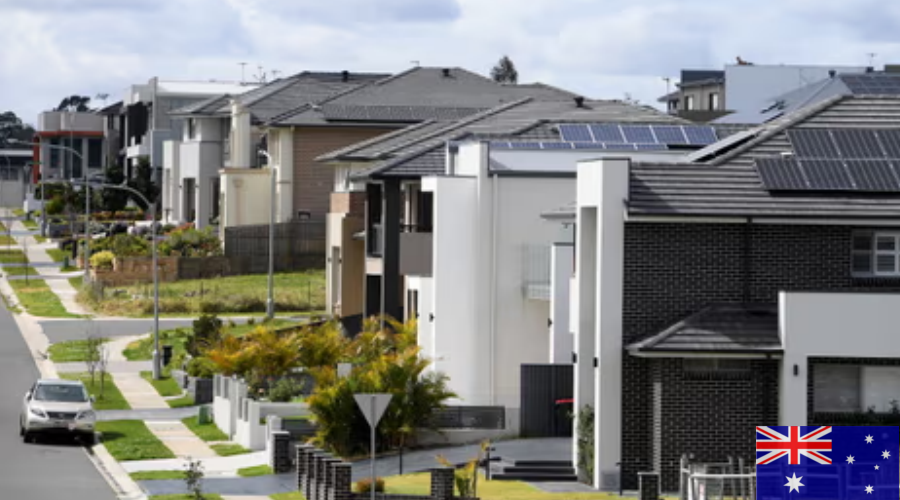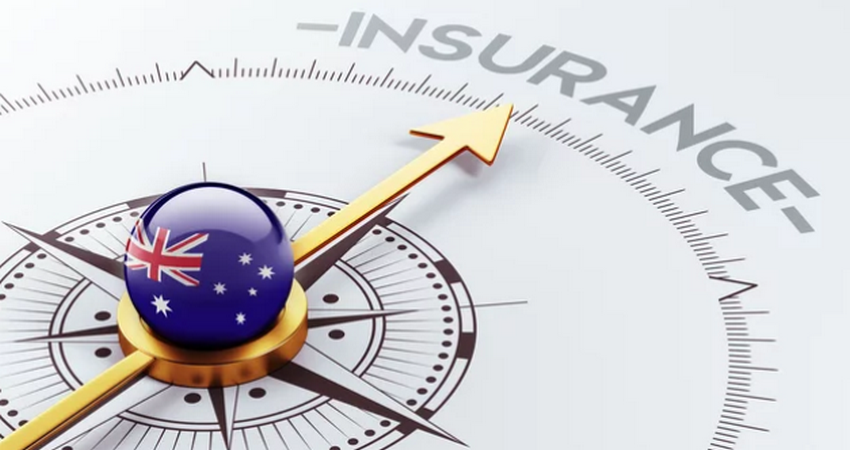Australian households face a squeeze. Groceries cost more. Mortgages bite harder. Now insurance premiums climb steeply. Home and contents cover jumps 10–20% yearly. In flood-prone areas, hikes hit 50%. This adds hundreds to bills. Many skip coverage. Underinsurance rises. Australian homes bear financial stress from these costs. The ACCC warns: Affordability crisis looms. This post explores causes, impacts, and relief options. Protect your home without breaking the bank.
The Surge in Insurance Premiums: Latest Figures
Numbers tell the story. Average home building premium: $1,894 in 2023, up 12% from 2022. Contents: $614, up 10%. Combined: $2,508 yearly. Queensland leads—$2,500+ average. Northern Australia: $5,000–$10,000 for high-risk.
ICA reports 14% rise in 2023–2024. Reinsurance costs up 30%. Claims from 2022 floods: $5.7 billion. Bushfires, storms add pressure. Suncorp: 20% hike in NT. Allianz: 15% in QLD. Insurance premiums reflect risks—and inflation. For stats, see ACCC insurance inquiry.
Why Insurance Premiums Are Rising for Australian Homes
Multiple forces drive costs. Climate tops the list.
Climate Change and Natural Disasters
Events intensify. 2022 floods: 240,000 claims. Cyclone Seroja 2021: $1 billion. Insurers pay out $10 billion yearly. Reinsurers charge more—global rates up 40% post-Ian.
Risk models update. Postcodes red-flagged. Brisbane suburbs: 30% hikes. Australian homes in peril zones pay premium.
Inflation and Building Costs
Materials soar. Timber up 20%. Labour shortages. Rebuilds cost 15–25% more. Sum insured rises—premiums follow. CPI at 4.1% Q3 2024 pushes all.
Reinsurance and Global Pressures
Australia imports 80% reinsurance. Florida hurricanes spike world rates. Capacity tight—insurers pass 20–30% on. Financial stress compounds for households.
Underinsurance gap: 15% homes uninsured. 83% underinsured by $100,000+. ICA: “Ticking bomb.”
The Impact on Financial Stress for Australian Homes
Bills stack. Average mortgage: $3,000 monthly. Add $200 insurance hike. Families cut essentials. CHOICE survey: 40% consider dropping cover.
Regional pain: Lismore post-floods—premiums triple. Some $20,000 yearly. 20% non-renew. Insurance premiums force sales, rentals.
Mental toll: Anxiety over gaps. One Sydney family: “We pay $4,000—barely afford.” Financial stress erodes security. For stories, explore our home insurance stories.
Underinsurance: The Hidden Risk
83% underinsured. Average shortfall: $218,000. Floods expose—rebuilds out-of-pocket. ASIC: “Consumers underestimate sums.”
Government and Industry Responses
Action brews. Reinsurance pool: $10 billion for cyclones, floods north of Tropic. Savings: 22% or $1,200 average. 100,000 policies cheaper.
APRA pushes resilience. Hazard Reduction Fund: $200 million QLD grants. Insurers: Mitigation discounts 10–20% for shutters, raised floors.
ACCC monitors pricing. 2024 inquiry: Transparency mandates. Australian homes need relief.
How to Ease Financial Stress from Rising Insurance Premiums
Smart moves help.
- Shop Around: Compare via iSelect. Save 15–30%.
- Bundle Policies: Home + contents—10% off.
- Increase Excess: $1,000 vs. $500—cut 20%.
- Mitigate Risks: Alarms, deadlocks—5–15% discounts.
- Pay Annually: Avoid instalment fees.
Calculators: Moneysmart.gov.au. One couple: Switched, mitigated—$800 saved. For tools, see Moneysmart home insurance.
Long-Term Strategies for Australian Homes
Build resilience. Elevate homes. Plant trees. Community pools share risks. Government: Expand pool south? 2025 review possible.
Conclusion: Navigate Rising Insurance Premiums Wisely
Insurance premiums strain Australian homes. Financial stress mounts from climate, costs. But options exist—shop, mitigate, bundle. Government pools help north. Stay covered. Secure your future. Tips working for you? Comment below.







